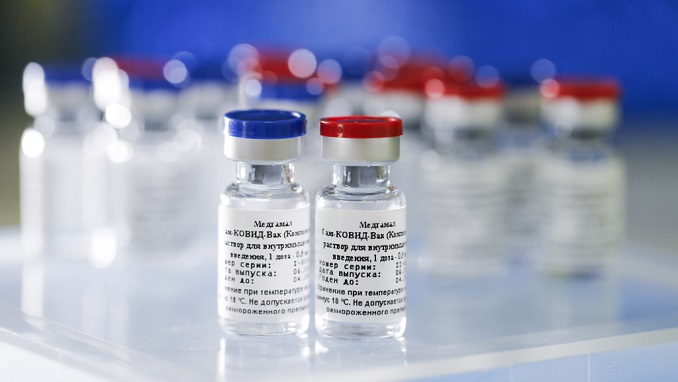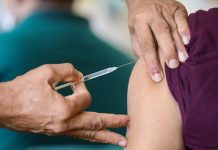Millions of doses of the world’s first Russian-made vaccine against Covid-19 are set to be received by Argentina in the coming months, the country’s president has announced. It comes as the pandemic shows no signs of abating, RT writes.
Some 10 million doses are expected to arrive in Argentina in December, President Alberto Fernandez told RIA news agency on Monday as his nation was holding talks with Moscow on the Sputnik V vaccine supplies. Another batch of 15 million doses is scheduled for early January. The leader later again confirmed the information in a separate tweet.
The president said that he would also get the Russian vaccine jab, but only after it becomes available to the Argentinian people, adding that it would be “unfair” to do so when ordinary people still do not have such an opportunity.
Meanwhile, presidential aide Cecilia Nicolini, who traveled to Moscow for the talks on the vaccine purchases, said that the vaccination would be free for all Argentinian citizens, although Buenos Aires would buy it for $19.9 per dose.
The vaccine destined for Argentina would be produced by Russia’s partners in India, China and South Korea and “some other countries,” Kirill Dmitriev, the director general of Russia’s Direct Investment Fund – the body which bankrolled the vaccine – told journalists.
Russia was the first country to officially register a Covid-19 vaccine. It was developed in Moscow by the Gamaleya Research Institute of Epidemiology and Microbiology and is currently undergoing its third and final stage of clinical trials.
The vaccine developers earlier said that more than 40 countries have expressed their interest in it, including Brazil and India. Moscow also struck deals with some nations allowing them to produce the pioneering Russian vaccine on their territory.
Most recently, Egypt said it sought to jointly manufacture the Sputnik V vaccine with Russia. Moscow was also one of the first nations to apply to the World Health Organization (WHO) for the early pre-qualification and registration of its vaccine that would allow for its accelerated official approval for global use.












